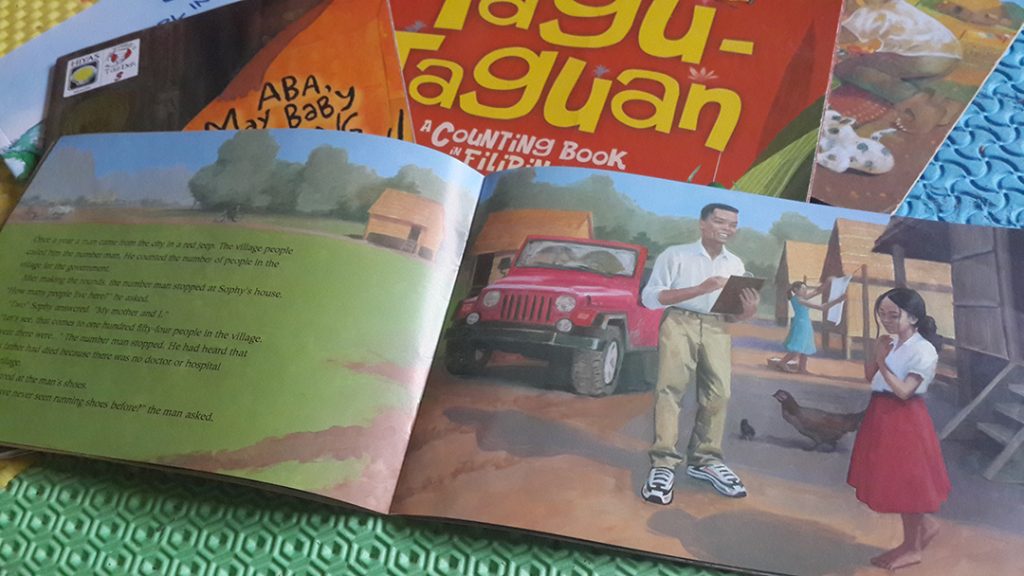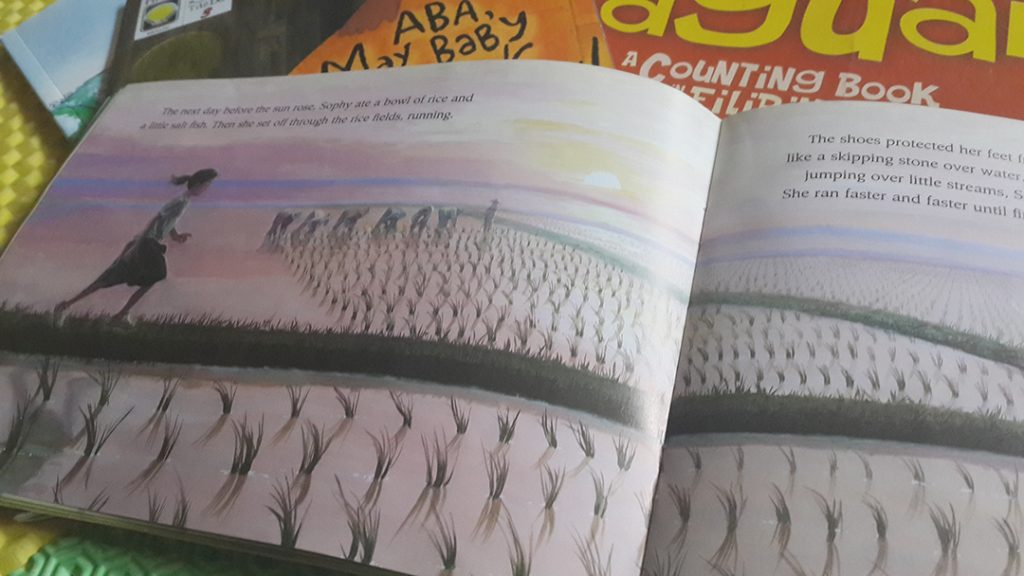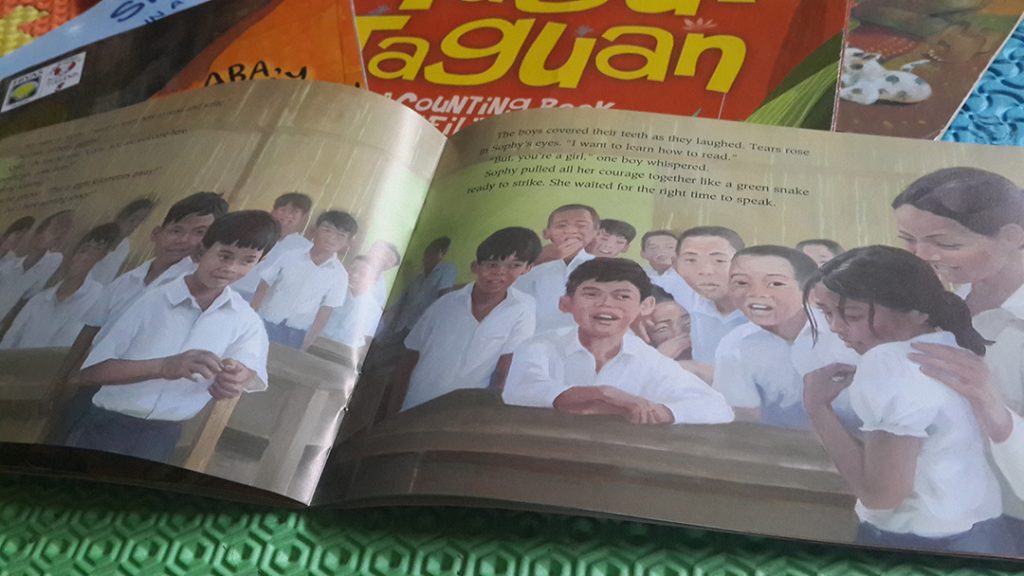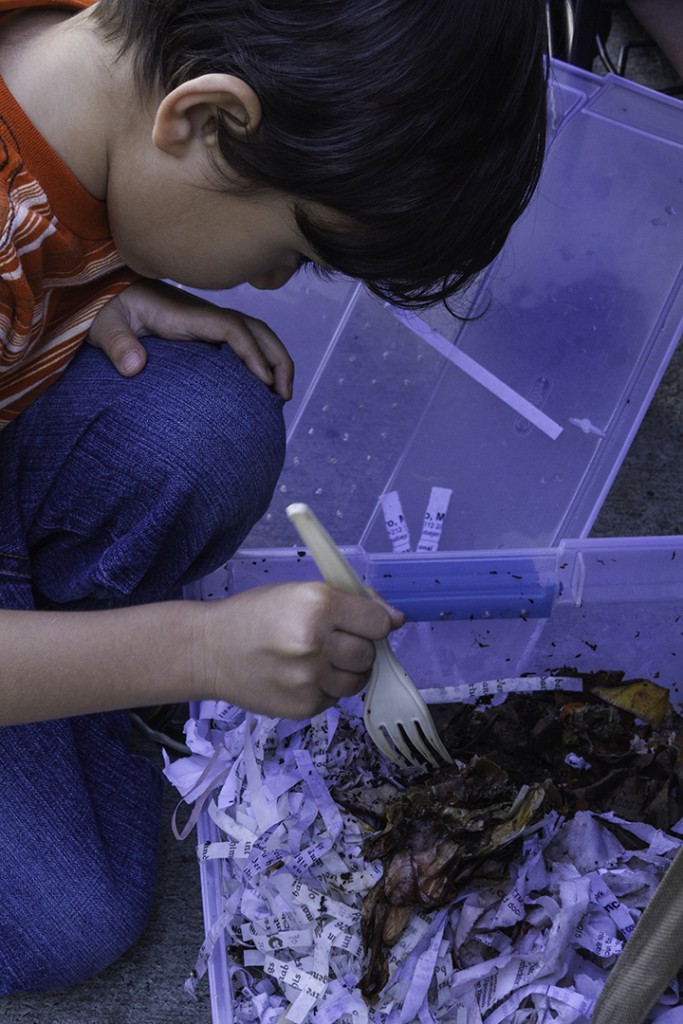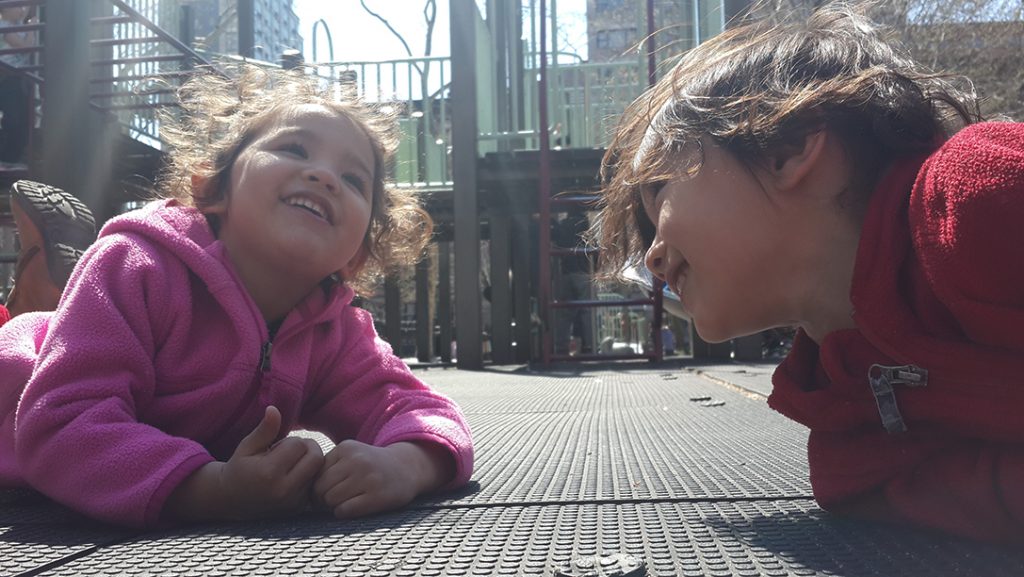At the time we lived in Southeast Asia there was a growing but tiny industry of local crafters that made blocks, stuffed animals, kitchen sets or doll houses, and other toys. We spent a lot on those, but they were locally sourced and well-crafted.
Coming back to NY was a different story. Options, wow. The pop culture focus of the toy industry, a profit-over-people corporate ethos, the consumerist culture – it’s over the top after several years abroad.
My little girl hit the doll phase this year and has been asking for one. But finding a toy company I’m happy to support is hard enough; Barbie, American Girl, and other chain store brands whose company values hew to the mainstream for profit’s sake won’t be getting my business. [Read more…] about Doll companies I’m happy to support


